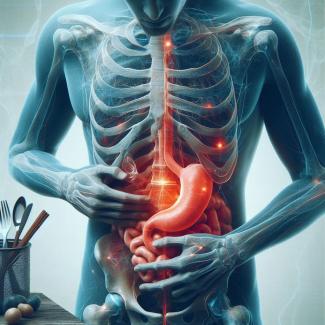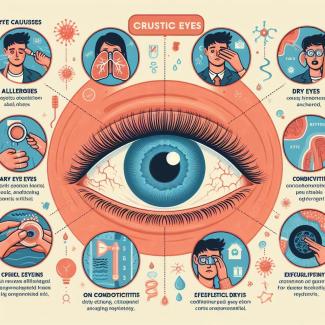
Reducing the risk of cardiac arrest involves adopting a comprehensive approach to a healthy lifestyle. Here are some key steps to help you maintain a healthy heart:
- Diet:
- Avoid saturated fats, trans fats, and cholesterol. Reduce your intake of saturated fats found in fatty meats, dairy products, and certain oils.
- Consume more healthy fats such as omega-3 fatty acids found in fish, nuts, avocados, and flaxseeds.
- Increase your fiber intake from fruits, vegetables, whole grains, and legumes.
- Limit your salt intake as high blood pressure increases the risk of heart disease.
- Consume alcohol in moderation.
- Physical Activity:
- Regular physical activity is crucial. Aim for at least 150 minutes of moderate-intensity exercise or 75 minutes of vigorous exercise per week.
- Include aerobic exercise like walking, running, cycling, and swimming.
- Combine it with strength training to build muscle and bone strength.
- Weight Management:
- If you are overweight, weight loss can significantly reduce the risk of heart disease. Losing weight also improves cholesterol levels and blood pressure.
- Quit Smoking:
- Smoking is a major risk factor for heart disease. Quitting smoking is essential to reduce the risk.
- Stress Management:
- Stress can increase the risk of heart disease. Try relaxation techniques like meditation, yoga, and deep breathing to reduce stress.
- Regular Health Check-ups:
- Visit your doctor regularly and have your heart health checked, including blood pressure, cholesterol levels, and blood glucose levels.
- Limit Alcohol Intake:
- If you consume alcohol, do so in moderation. It is recommended to limit your intake to one drink per day for women and up to two drinks per day for men.
- Sleep:
- Getting enough quality sleep is essential for heart health. Maintain a regular sleep schedule and healthy sleep habits.
- Medications:
- If you have specific health conditions such as high blood pressure or high cholesterol, consult your doctor about medications that can help manage your heart disease risk factors.
- Know and Manage Risk Factors:
- Understand your risk factors and family history. Managing conditions like diabetes and high blood pressure is crucial.
In summary, there is no one-size-fits-all approach to reducing the risk of cardiac arrest. The key is maintaining a healthy lifestyle and regular monitoring of your health. Consult with your healthcare provider to create a personalized plan that takes into account your specific needs and risk factors. Cardiac arrest is a life-threatening emergency, and recognizing the signs and knowing how to perform CPR can also be crucial for saving lives in the event of sudden cardiac arrest. Consider taking a CPR and basic life support (BLS) course to be prepared for emergencies.






